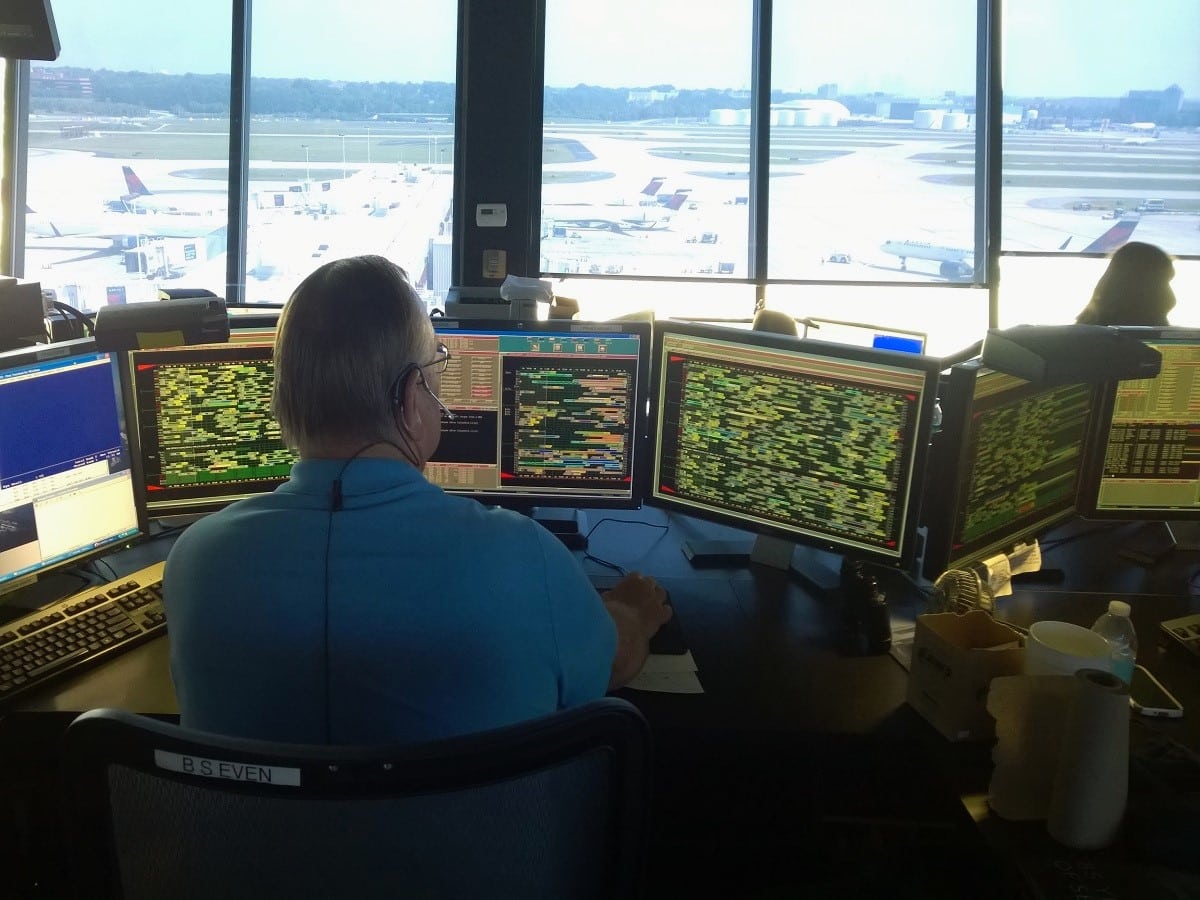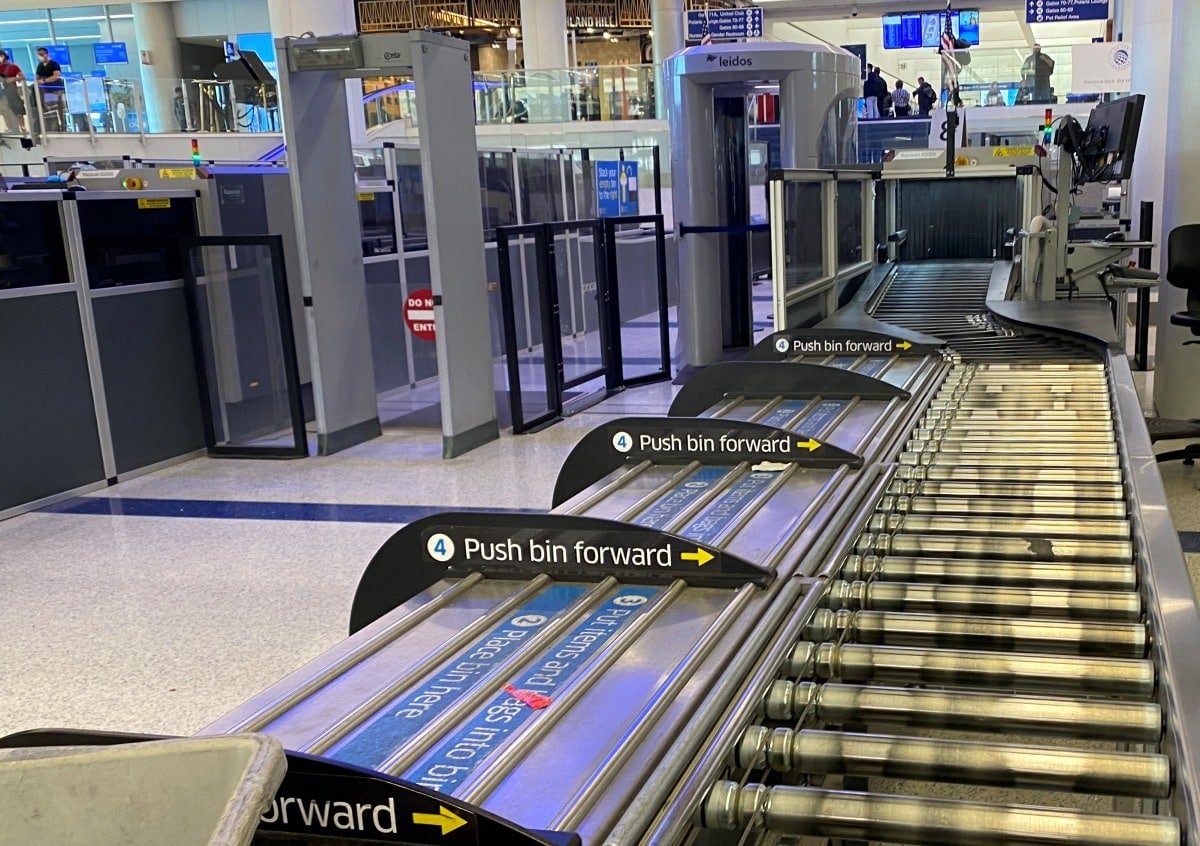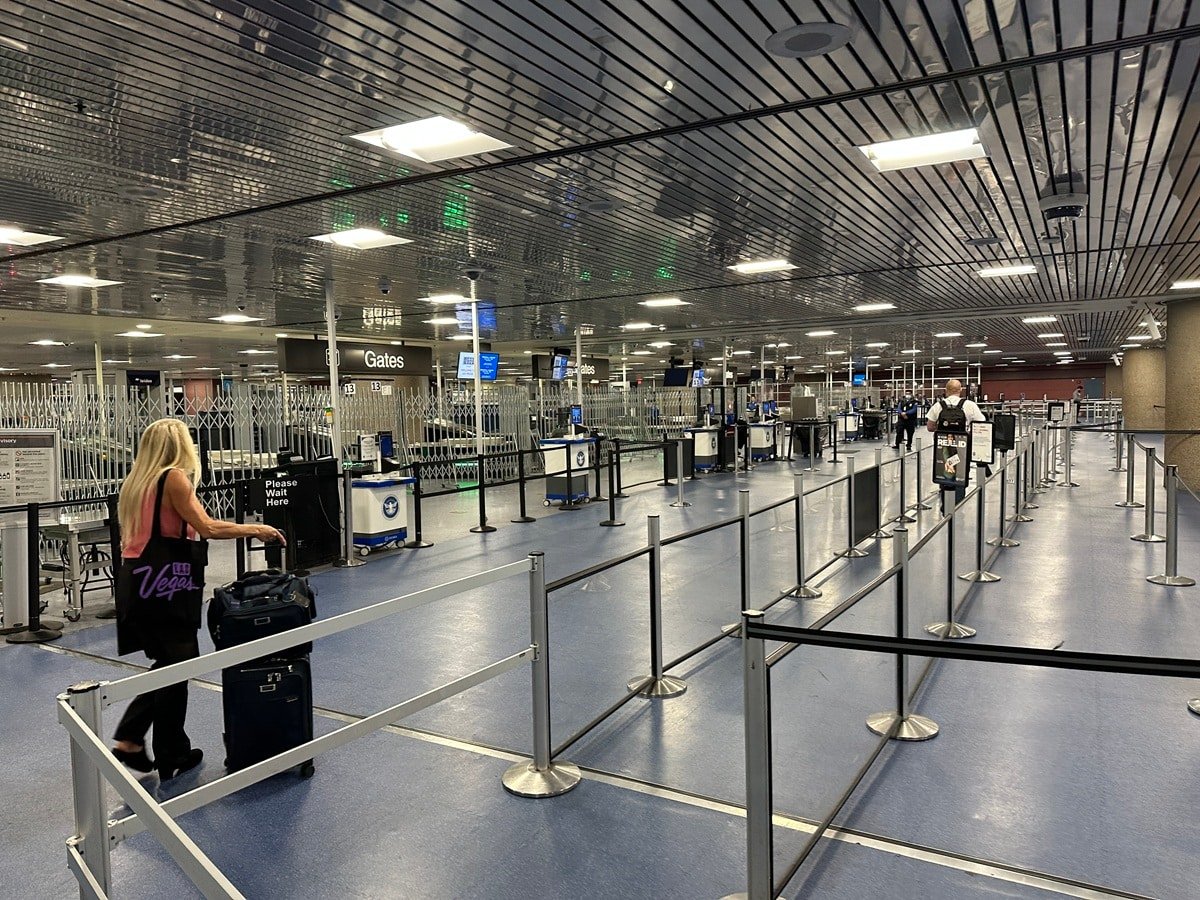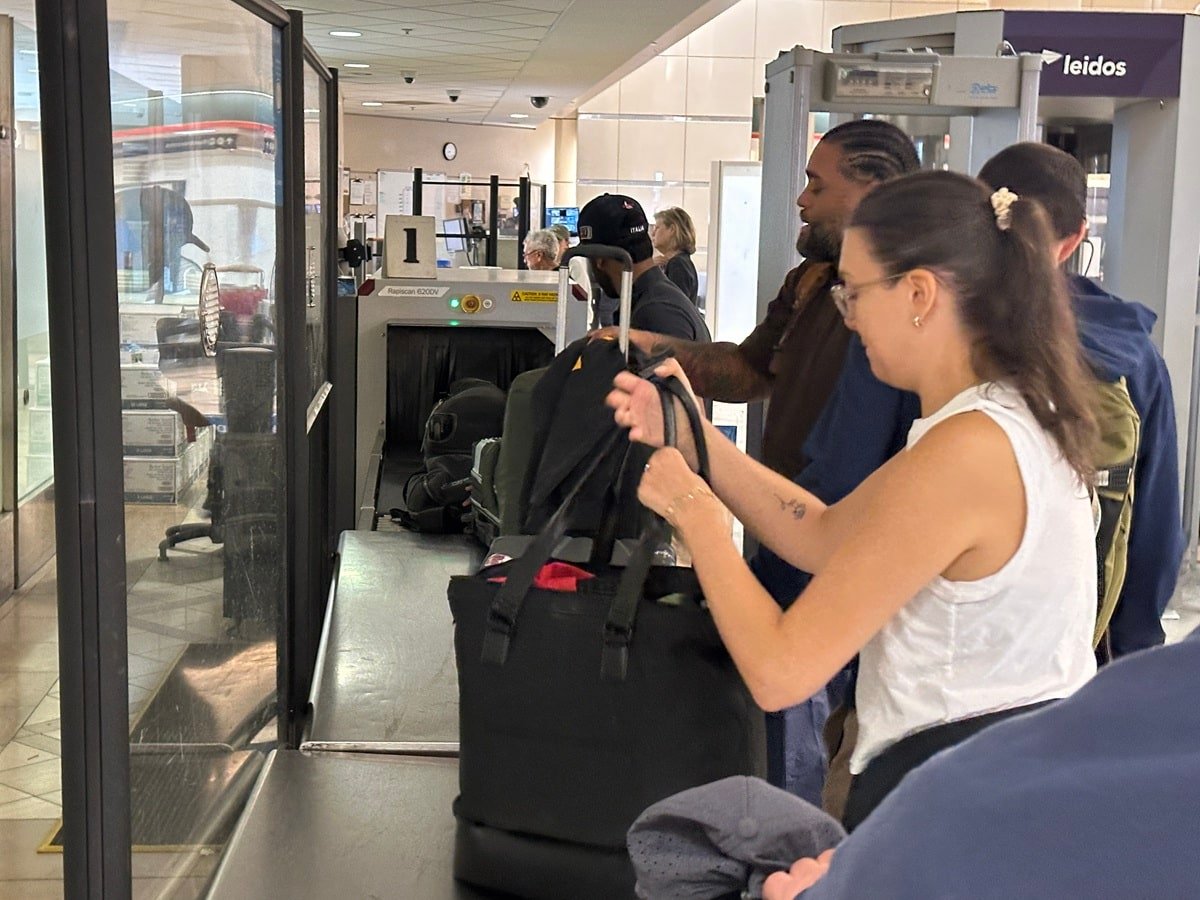As the U.S. government shutdown stretches into its 27th day, travelers are feeling the strain at airports nationwide. The combination of unpaid federal workers, staffing shortages and increasing flight delays has turned what is usually a routine journey into a test of patience.
 Air traffic controllers, considered essential employees, are required to work without pay during the shutdown, a situation that has led some to take on second jobs to make ends meet. Jack Criss, an air traffic control specialist at Joint Base Andrews in Maryland, recently shared with MSNBC that he now drives for DoorDash in addition to his FAA duties. As a single father, Criss said he “didn’t have a choice” if he wanted to provide for his child. While Transportation Secretary Sean Duffy has expressed concern about controllers taking on extra work, emphasizing the complexity and responsibility of their primary role, Criss stressed that he and his colleagues are committed to safety above all.
Air traffic controllers, considered essential employees, are required to work without pay during the shutdown, a situation that has led some to take on second jobs to make ends meet. Jack Criss, an air traffic control specialist at Joint Base Andrews in Maryland, recently shared with MSNBC that he now drives for DoorDash in addition to his FAA duties. As a single father, Criss said he “didn’t have a choice” if he wanted to provide for his child. While Transportation Secretary Sean Duffy has expressed concern about controllers taking on extra work, emphasizing the complexity and responsibility of their primary role, Criss stressed that he and his colleagues are committed to safety above all.
The staffing shortage is already having tangible effects on air travel. According to Reuters, more than 8,000 U.S. flights were delayed on Sunday, up from about 5,300 the previous day. Southwest Airlines reported that nearly half of its flights were affected while American, United and Delta also experienced widespread delays. The Federal Aviation Administration (FAA) has flagged 22 locations where staffing issues are particularly acute, prompting ground delay programs at major hubs including Chicago O’Hare, Newark Liberty and Washington Reagan National.
CNN reports that staffing shortages have intensified over the weekend with at least 50 instances of controller absences since Friday alone, from Los Angeles to Washington, D.C.. Los Angeles International even temporarily halted flights last night due to insufficient personnel at the Southern California TRACON. Experts warn that delays could continue to worsen as controllers face ongoing unpaid work and mounting stress. Chad Mourning, an aviation safety specialist, noted that workers can only sustain overtime for so long before burnout becomes inevitable.
The effects ripple quickly through the tightly packed airline schedules. Even a small shortage, just a handful of controllers calling in sick, can lead to cascading delays across the system. Sociology professor Jake Rosenfeld points out that early-career controllers, often on lower salaries, are especially vulnerable to financial strain and may seek additional employment, further intensifying staffing pressures.
Despite the disruptions, aviation safety remains the top priority. Experts emphasize that flights are still safe though travelers should anticipate longer wait times and potential cancellations. For those planning trips, patience is essential and flexibility is more important than ever. As the shutdown shows no signs of ending soon, the reality of stretched federal employees underscores a broader challenge: the nation’s air travel system relies on highly trained personnel who cannot be replaced overnight.
Travelers should stay informed, plan for delays and recognize the human toll behind the numbers, as controllers and TSA agents alike continue their critical work under extraordinary circumstances.



